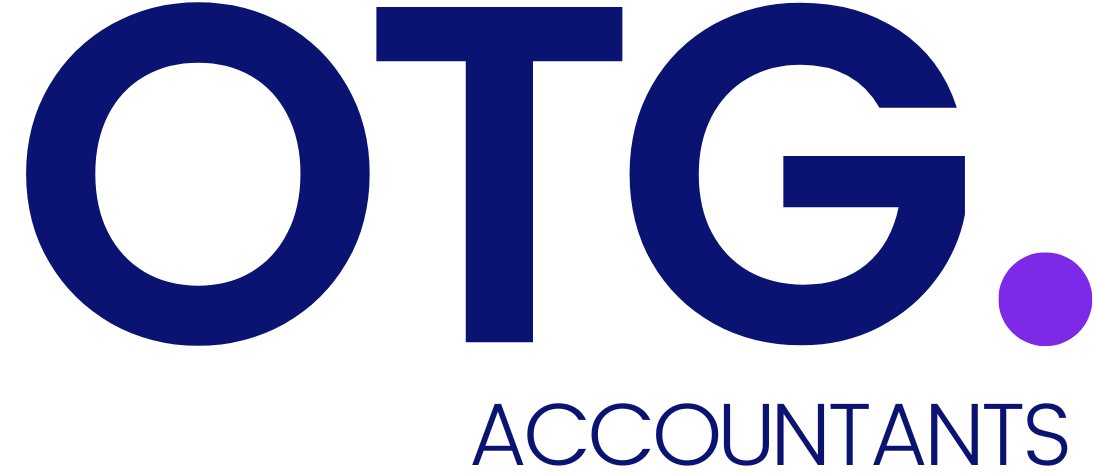Cash accounting vs accrual accounting – Which should you use?
Unless you have a background in finance, when you start a business, you may not know the difference between cash basis accounting and accrual accounting for recording your financial transactions.
This blog post will explain the two systems, the different treatments and why we believe that the accrual accounting basis is the best option for businesses looking to grow and find investors.
Cash basis accounting
Cash basis accounting involves recording transactions in your accounts when money changes hands. That means that revenue is only recorded in your accounting software when the income is received in your bank account. Expenses are recorded only when the money leaves your account. This method of accounting is simpler for small businesses to manage.
Let’s look at an example:
Company A agrees a deal with company B for £48,000 and invoices company B on 3 July. The payment terms are 30 days from invoice date. Company B pays the invoice on time and Company A records the revenue received on 2 August in their books.
Accrual accounting
Accrual accounting takes a different approach to recording the transaction. Revenue is recorded as soon as the sale agreement is made and similarly expenses are recorded when a purchase order has been signed or there is another commitment to make that spend.
Looking at Company A and B in the above scenario, under the accrual accounting method, £48,000 would be recorded as sales on 3 July and the amount appears in your Receivables account on the balance sheets (also known as debtors). This means that the value of the sale is recorded earlier under accrual accounting that it would be under cash basis accounting. When the invoice is paid and money hits the bank account, the accounts receivable is credited and the bank is debited.
Similarly, if you purchase goods, you will record the purchase amount in your accounts payable when the purchase order is signed creating a creditor on the balance sheet. When the purchase invoice is settled and money leaves your bank account, you debit the accounts payable and credit the bank.
The accrual method is straightforward for companies that supply physical goods – revenue is earned when the order is fulfilled. However, if you provide service contracts which span several months or even accounting periods, then you will need to apportion the value of the contracts across the relevant months to indicate when the revenue is realised or earned.
Let’s work through the previous example:
If Company A provides a contract for maintenance services for £48,000 for 12 months servicing, the earned revenue each month would be £48,000/12 = £4,000 a month. Only after the full year would the total amount of £48,000 be recognised as revenue.
So how do you choose which method to use?
Advantages of Cash-Basis Accounting
- If it’s in your books, that means it is in your bank account which makes understanding your cashflow easier.
- No specialised financial accounting knowledge needed to keep your accounts.
Disadvantages of Cash-Basis Accounting
- You won’t have detailed information about how much you’ve made in sales and when.
- Makes sales forecasting more difficult.
- You may not have a complete overview of expenses that might be coming along so it’s easier to overspend your budget.
Advantages of Accrual-Based Accounting
- More detailed picture of when your business is achieving sales or incurring costs, allowing you to budget more effectively and see trends in your data.
Disadvantages of Accrual-Based Accounting
- For small businesses in particular, the accrual method may add unnecessary complexity to their bookkeeping and accounting.
- Cashflow forecasting and tracking is more complex
Looking for investors for your business? Choose accrual accounting.
Investors expect growing business owners to be using accrual accounting. Some banks simply won’t lend to companies that aren’t using the accrual-based method of accounting. Under this approach, potential investors will get a more complete view of the financial health of your business where revenue is matched with expenses incurred to create that revenue. It is also much easier to see the financial viability of the business if you can quickly identify your debtors and creditors by looking at a balance sheet.
If you are currently using the cash basis of accounting and you are considering outside investment such as an
angel investor or venture capitalist, you will need to supply several months of accrual-based accounting books, so make sure you factor that into your investment planning.
Getting support
If you are unsure on the right approach for your business or you need support moving from cash-basis accounting to accrual accounting, get in touch with David Masih our client relationship partner. David can help you explore your options during a no obligation chat today. Call 03330 067 123 or email info@onthegoaccountants.co.uk.





